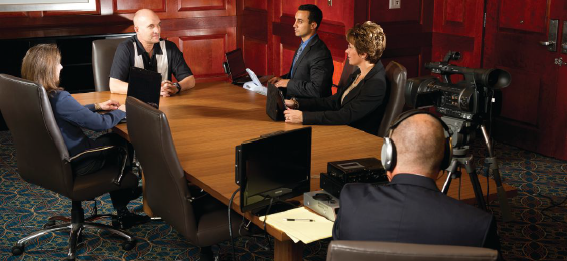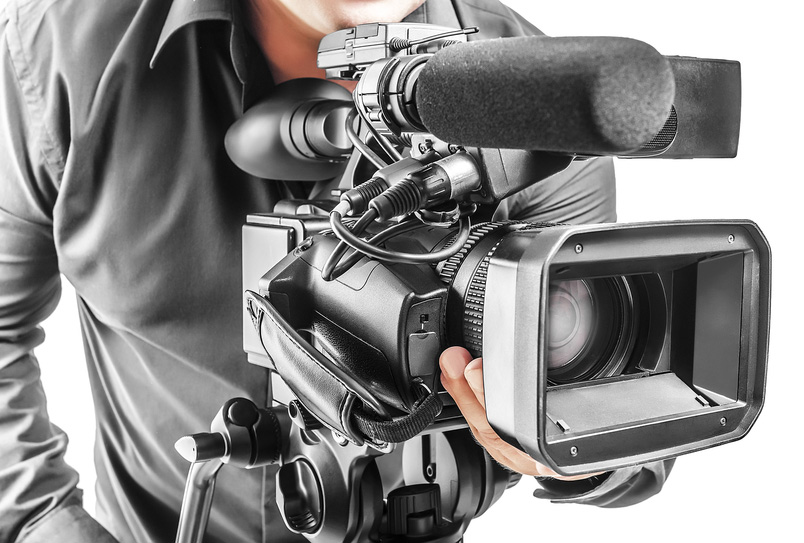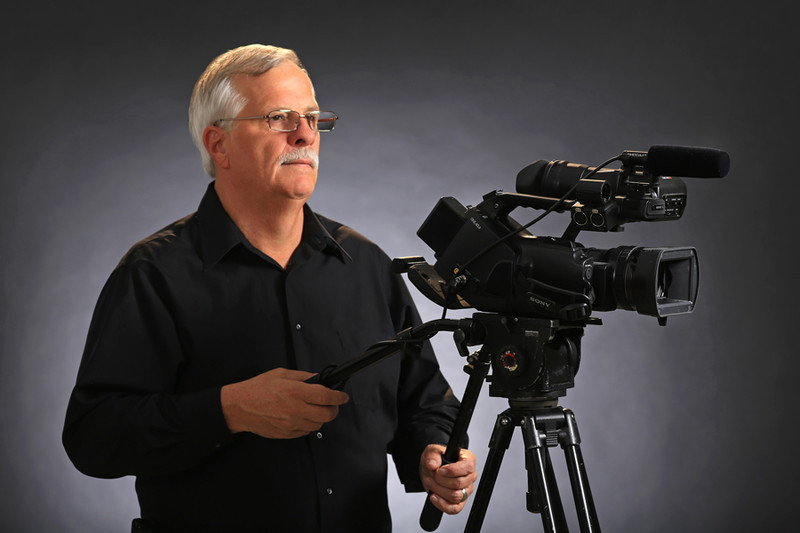Tailored Legal Videography for Attorneys.
Tailored Legal Videography for Attorneys.
Blog Article
The Function of Legal Videography in Depositions and Tests
Legal videography has actually emerged as a crucial tool in both depositions and tests, offering a complex method to recording witness statements. As lawful professionals progressively recognize its value, it motivates a deeper assessment of just how these visual documents can affect juror understandings and test end results.

Importance of Legal Videography
Lawful videography plays a crucial function in the paperwork and discussion of depositions and trials. This specialized field incorporates technological skills with legal understanding to develop a reputable document of process that can significantly influence situation results. The appearance of legal videography improves the understanding of witness statement, enabling jurors and courts to observe not just the talked words yet also the behavior, feelings, and body movement of the witnesses.
On top of that, legal videography offers an objective account of occasions, reducing the potential for misconception that can take place with created transcripts alone. This visual documents serves as a critical device throughout trial discussions, promoting a more clear and more influential story for both complainants and offenders. The capacity to replay video sections throughout court process allows lawful groups to emphasize essential points, reinforcing their arguments effectively.
The relevance of legal videography extends past the courtroom; it additionally plays an essential function in protecting evidence for future recommendation, whether for appeals or additional lawsuit. As such, its combination right into the legal procedure is necessary for guaranteeing a reasonable and accurate depiction of the realities, eventually adding to the pursuit of justice.

Process of Legal Videography
While recording the subtleties of depositions and trials, the procedure of lawful videography involves a number of critical actions that make certain premium, accurate recordings. An expert legal videographer prepares by reviewing the case materials and understanding the specific demands of the deposition or test. This prep work includes familiarizing themselves with the participants and the context, which assists in catching important details.
On the day of the recording, the videographer establishes the required equipment, which commonly includes high-definition cams, microphones, and correct lighting. Guaranteeing ideal angles and sound top quality is essential, as it straight influences the effectiveness of the recording. The videographer interacts with attorneys and individuals to establish protocols, making sure that every person understands the recording procedure.
Throughout the deposition or test, the videographer carefully videotapes the process, paying attention to both verbal and non-verbal hints. This consists of recording the behavior and responses of witnesses and attorneys. After the session ends, the videographer might modify the video footage for clearness and conformity with legal criteria, producing an end product that properly reflects the procedures for future referral and usage in legal contexts.
Benefits in Depositions
The unification of videography in depositions offers numerous benefits that improve the general process of gathering evidence. One key benefit is the capability to catch witness statements with visual and auditory integrity, offering a much more precise depiction of the witness's temperament, tone, and body movement. This multidimensional method permits attorneys and juries to examine credibility better than standard written transcripts alone.
Furthermore, videographed depositions function as a powerful device for maintaining testament. Ought to a witness become unavailable for trial, their videotaped deposition can be played in court, making sure that their evidence stays accessible and relevant. This facet significantly reduces the threat click resources of shedding crucial information that can impact case results.

Finally, videography enhances the overall expertise of the deposition process, instilling confidence in clients regarding the thoroughness of their lawful depiction (legal Read Full Article videography). By leveraging technology, lawyers can considerably improve the effectiveness of depositions
Influence On Tests
In lots of tests, the integration of videography can significantly affect the discussion of proof and the court's understanding. Lawful videography catches witness testimonies and vital proof in a dynamic style, allowing jurors to engage with the material on multiple degrees. This aesthetic component enhances the narration element of a trial, offering context and emotional resonance that standard text-based proof may lack.
Additionally, video recordings can function as effective tools for impeachment throughout interrogation. When discrepancies develop between a witness's prior declarations and their courtroom testimony, video clip evidence provides an objective reference that can persuade jurors' viewpoints. This immediacy and clearness can reinforce the integrity of an event's narrative while concurrently weakening opposing debates.

Future Trends in Legal Videography
As we look towards the future of lawful videography, numerous emerging fads promise to reshape its role within the courtroom. One see page substantial pattern is the integration of synthetic knowledge (AI) in video clip evaluation and modifying. AI can improve the procedure of identifying key moments in tape-recorded depositions, enabling lawyers to quickly access appropriate web content, thereby improving efficiency in instance preparation.
In addition, the increase of digital truth (VIRTUAL REALITY) and increased fact (AR) innovations is expected to transform just how jurors experience evidence. legal videography. By immersing jurors in a substitute environment, these innovations can offer an extra extensive understanding of complex scenarios, resulting in even more educated considerations
Additionally, the increasing need for remote depositions, sped up by the COVID-19 pandemic, will likely proceed. Legal videographers will need to adjust to new software application and systems to make sure high-grade recordings in digital setups.
Finally, the growing emphasis on data protection will require more stringent protocols for storing and sharing video clip evidence. As the lawful landscape progresses, lawful videographers have to stay abreast of these fads to maintain their significance and effectiveness in the judicial process.
Verdict
In recap, lawful videography offers an essential feature in the judicial process, improving the integrity of depositions and trials. As technology proceeds to progress, legal videography is poised to additional change its function within the legal landscape.
Report this page